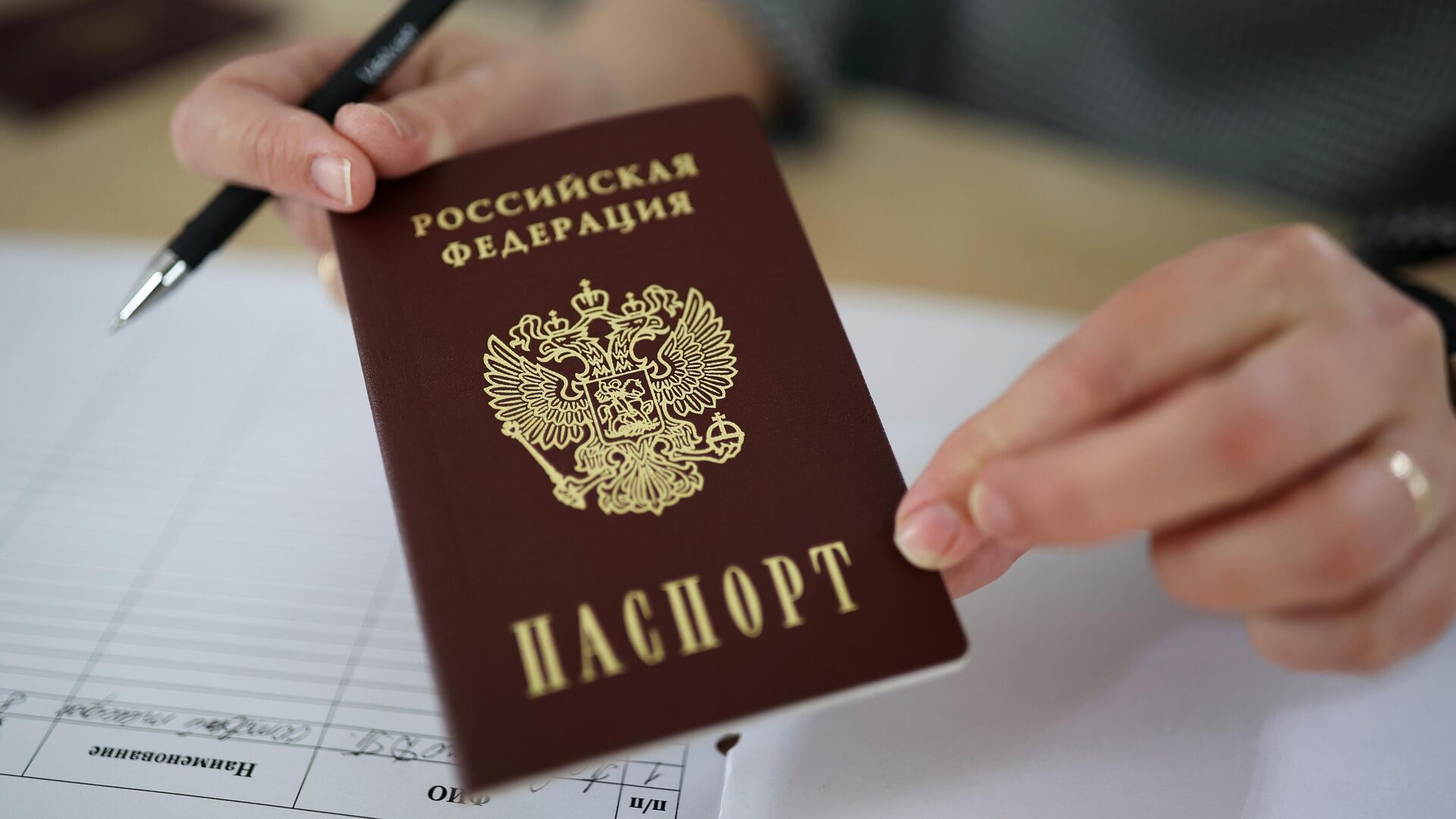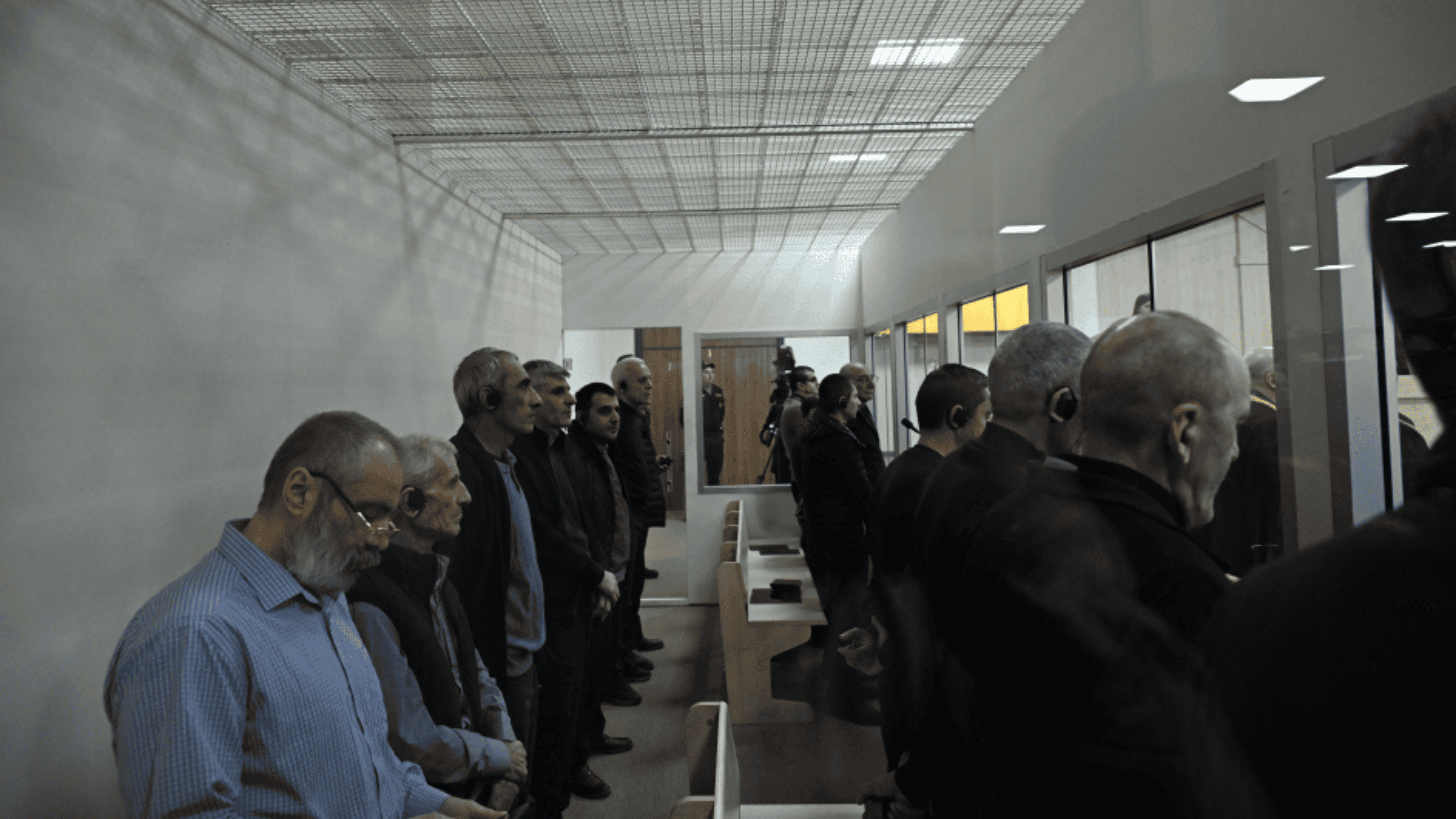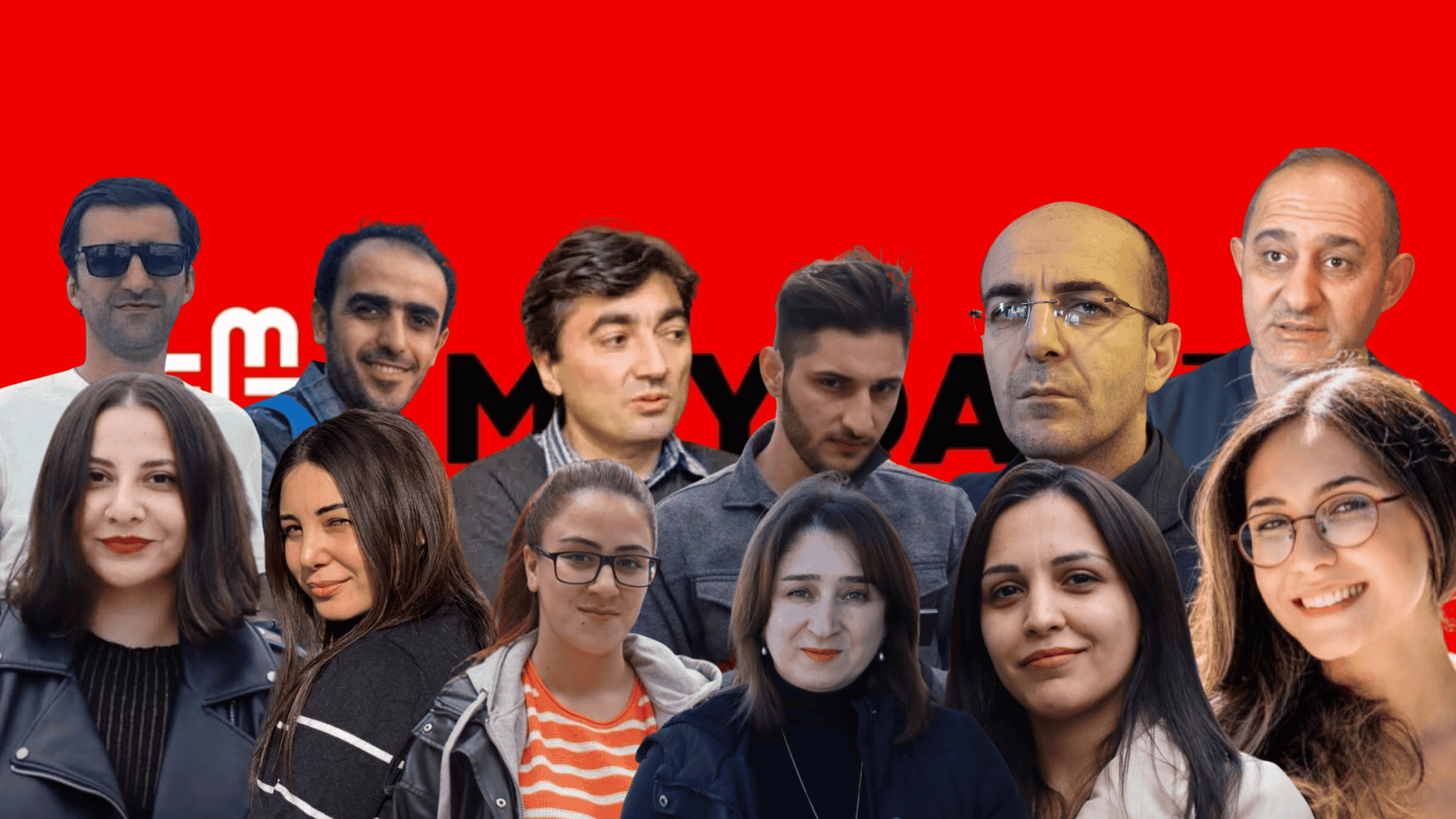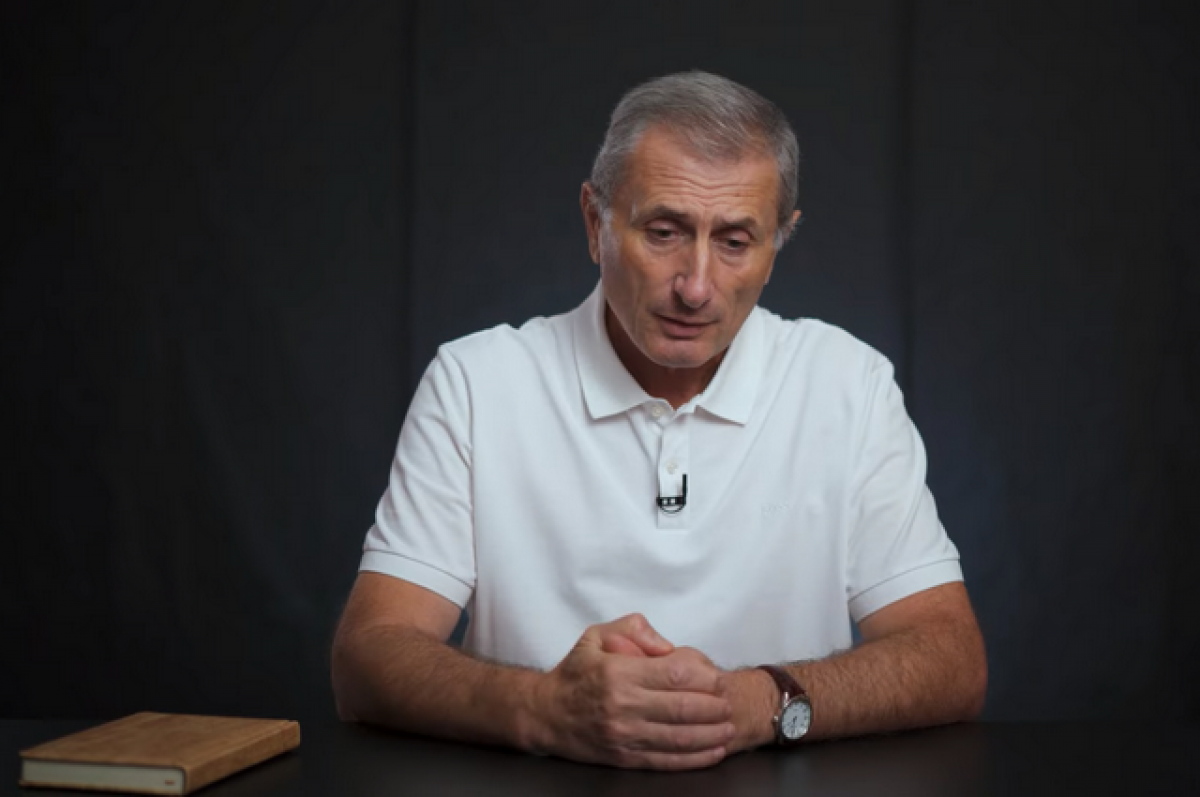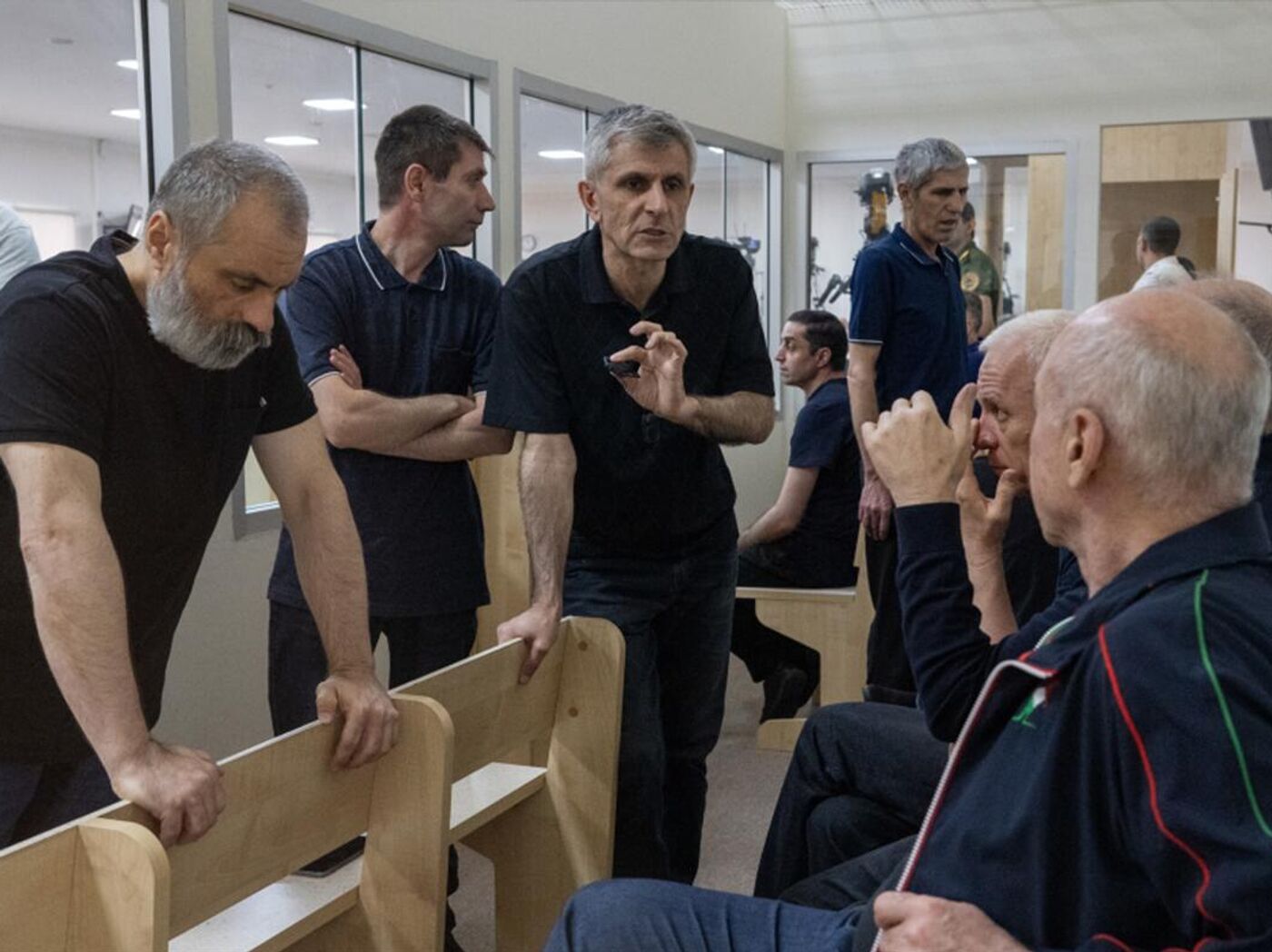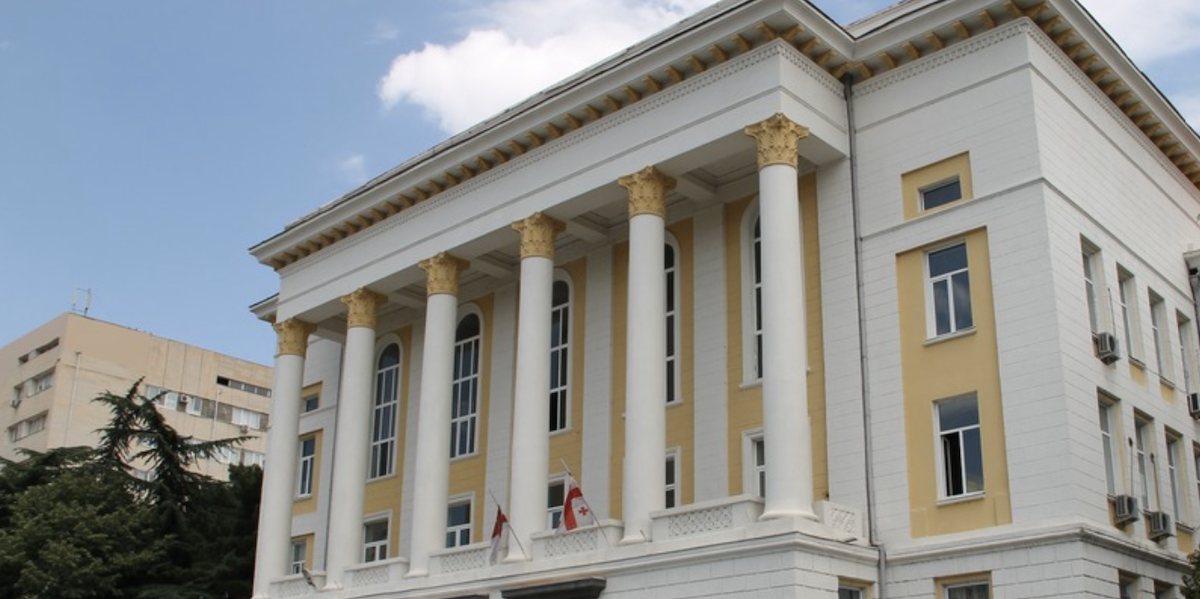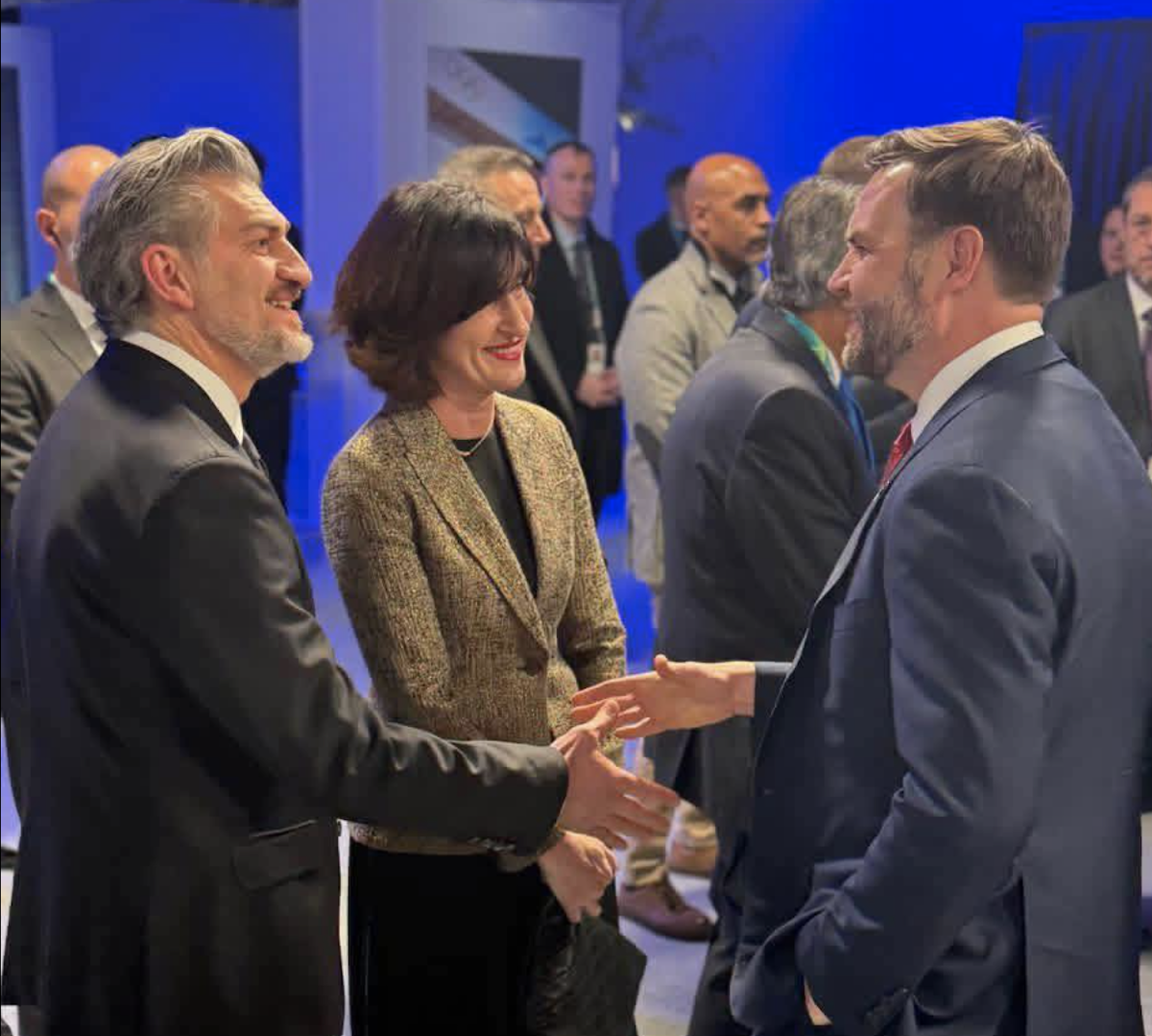COP29: Record agreement reached, $300 billion pledged for poor nations
COP29 ends in Azerbaijan
The 29th session of the Conference of the Parties to the UN Framework Convention on Climate Change (COP29) has concluded, with the good news that an agreement was reached.
In Baku, transport schedules and daily routines disrupted by the international event are returning to normal. As of today, COP29-designated lanes are being removed from city roads, students have returned to in-person classes after remote learning, and autumn holidays in public schools have officially ended.
Most of the event’s international guests have already left Azerbaijan.
- 16-day campaign against gender-based violence kicks off in Yerevan
- Georgia’s parliament convenes for first session amid mass protests, opposition boycott
- Tensions between Israel and Turkey spill over to Azerbaijan again
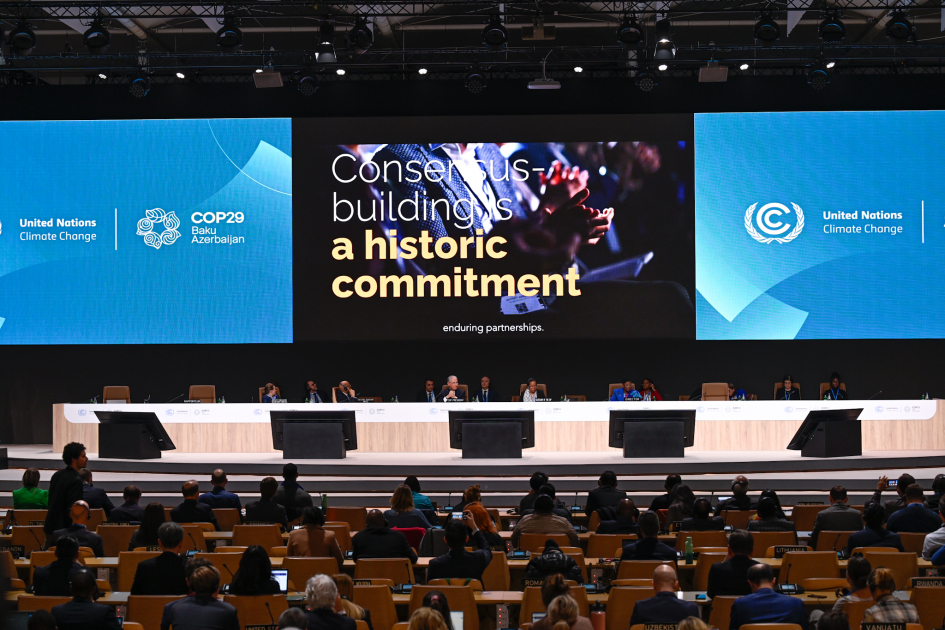
As part of the agreement reached at COP29, wealthy nations will allocate $300 billion annually to poorer countries over the next decade to combat climate change. This represents the largest amount ever pledged in the fight against climate change.
The negotiations were challenging—the event concluded 33 hours later than scheduled, marked by tensions and moments of disappointment.
Simon Stiell, head of the UN climate agency, stated: “It was a difficult journey, but we reached an agreement.”
Other unresolved issues will be discussed at COP30 in Brazil next year.
“Talks pulled back from brink of failure”
“The talks were pulled back from the brink of failure. While $300 billion falls far short of the $1.3 trillion requested by poorer countries, it surpasses any funding secured so far at COP and represents a record-breaking sum,” reports the BBC’s Azerbaijan bureau.
The outlet highlights that just hours before the agreement was reached, optimism was low—countries most affected by climate change had walked out of the negotiations in protest. Some even declared that “no agreement would be better than this one.” However, several island nations that had initially left the talks later returned.
Record COP sum, though far below expectations
On November 23, a final proposal of $300 billion was presented at the negotiations.
Prior to this, the talks were on the brink of failure, with several poorer nations walking out.
An earlier draft agreement had proposed $250 billion annually for poorer countries to combat climate change. However, this figure was later increased by $50 billion.
On the same day, representatives from the least developed countries left a meeting with the COP29 president, insisting that the amount should be no less than $500 billion.
“We are in a dangerous situation,” said one participant.
Representatives of small island nations told the BBC that they were excluded from discussions during the drafting of the agreement text and had been sidelined.
Notably, due to delays in finalizing the text, the duration of COP29 was extended by an additional day, running through Saturday.
Under Azerbaijan’s presidency, COP29 successfully adopted another key agreement on carbon markets.
For instance, one country emits greenhouse gases, while another, with abundant forests, absorbs carbon dioxide. According to the agreement, the country emitting gases will compensate the country with forests.
This issue had remained unresolved for nine years since the 2015 Paris Agreement.
Global reactions to COP29 agreement
U.S. President Joe Biden praised the agreement reached at COP29 in Baku as a “historic outcome” and congratulated Azerbaijan’s presidency and the participating parties.
“[…] It will help mobilize the level of finance – from all sources – that developing countries need to accelerate the transition to clean, sustainable economies, while opening up new markets for American-made electric vehicles, batteries, and other products.” Biden stated.
UK Minister Ed Miliband called the deal “a step forward,” though not “everything” they and others had hoped for.
He emphasized that the agreement does not require the UK to increase its climate funding but offers a “significant opportunity for British businesses to invest in emerging markets.”
EU representative Wopke Hoekstra, who had previously criticized the initial draft agreement, described COP29 as an event that will “be remembered as the beginning of a new era in climate financing.”
He characterized the agreement as “ambitious, with a realistic target and an expanding base of contributors.”
Developing nations, particularly those most vulnerable to climate change, voiced disappointment that the funding fell well short of their demands.
“I am not exaggerating when I say our islands are sinking,” said Cedric Schuster, head of the Alliance of Small Island States and Samoa’s Minister of Natural Resources and Environment.
Nigerian representative Nkiruka Madueke described the agreement as “insulting.”
COP29 ends in Azerbaijan













